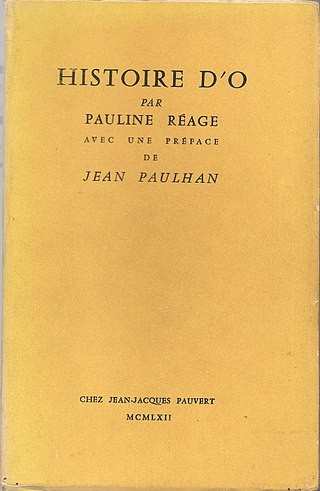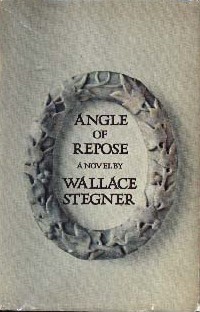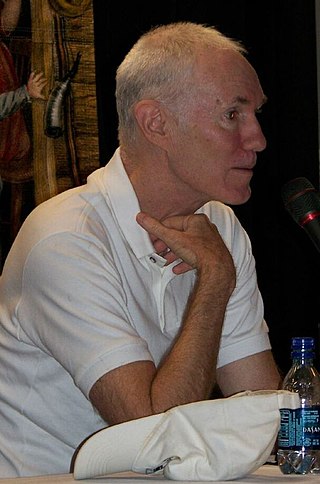
Johnny Got His Gun is an anti-war novel written in 1938 by American novelist Dalton Trumbo and published in September 1939 by J. B. Lippincott. The novel won one of the early National Book Awards: the Most Original Book of 1939. A 1971 film adaptation was written and directed by Trumbo.

Arthur Machen was the pen-name of Arthur Llewellyn Jones, a Welsh author and mystic of the 1890s and early 20th century. He is best known for his influential supernatural, fantasy, and horror fiction. His novella The Great God Pan has garnered a reputation as a classic of horror, with Stephen King describing it as "Maybe the best [horror story] in the English language." He is also well known for "The Bowmen", a short story that was widely read as fact, creating the legend of the Angels of Mons.

Theodore Herman Albert Dreiser was an American novelist and journalist of the naturalist school. His novels often featured main characters who succeeded at their objectives despite a lack of a firm moral code, and literary situations that more closely resemble studies of nature than tales of choice and agency. Dreiser's best known novels include Sister Carrie (1900) and An American Tragedy (1925).

Story of O is an erotic novel written by French author Anne Desclos under the pen name Pauline Réage, with the original French text published in 1954 by Jean-Jacques Pauvert.

Irvine Welsh is a Scottish novelist and short story writer. His 1993 novel Trainspotting was made into a film of the same name. He has also written plays and screenplays, and directed several short films.

Philip José Farmer was an American author known for his science fiction and fantasy novels and short stories.

John Courtney Fortune was an English actor, writer and satirist, best known for his work with John Bird and Rory Bremner on the television series Bremner, Bird and Fortune.

Lady Chatterley's Lover is the last novel by English author D. H. Lawrence, which was first published privately in 1928, in Italy, and in 1929, in France. An unexpurgated edition was not published openly in the United Kingdom until 1960, when it was the subject of a watershed obscenity trial against the publisher Penguin Books, which won the case and quickly sold three million copies. The book was also banned for obscenity in the United States, Canada, Australia, India and Japan. The book soon became notorious for its story of the physical relationship between a working-class man and an upper-class woman, its explicit descriptions of sex and its use of then-unprintable profane words. It entered the public domain in the United States in 2024.

"The Gold-Bug" is a short story by American writer Edgar Allan Poe published in 1843. The plot follows William Legrand, who becomes fixated on an unusual gold-colored bug he has discovered. His servant Jupiter fears that Legrand is going insane and goes to Legrand's friend, an unnamed narrator, who agrees to visit his old friend. Legrand pulls the other two into an adventure after deciphering a secret message that will lead to a buried treasure.

Nicholson Baker is an American novelist and essayist. His fiction generally de-emphasizes narrative in favor of careful description and characterization. His early novels such as The Mezzanine and Room Temperature were distinguished by their minute inspection of his characters' and narrators' stream of consciousness. Out of a total of ten novels, three are erotica: Vox, The Fermata and House of Holes.
New Journalism is a style of news writing and journalism, developed in the 1960s and 1970s, that uses literary techniques unconventional at the time. It is characterized by a subjective perspective, a literary style reminiscent of long-form non-fiction. Using extensive imagery, reporters interpolate subjective language within facts whilst immersing themselves in the stories as they reported and wrote them. In traditional journalism, the journalist is "invisible"; facts are meant to be reported objectively.

John Campbell Wells was an English actor, writer and satirist.

Angle of Repose is a 1971 novel by Wallace Stegner about a wheelchair-using historian, Lyman Ward, who has lost connection with his son and living family and decides to write about his frontier-era grandparents. It won the Pulitzer Prize for Fiction in 1972. The novel is directly based on the letters of Mary Hallock Foote, later published as A Victorian Gentlewoman in the Far West.

Bayard Taylor was an American poet, literary critic, translator, travel author, and diplomat. As a poet, he was very popular, with a crowd of more than 4,000 attending a poetry reading once, which was a record that stood for 85 years. His travelogues were popular in both the United States and Great Britain. He served in diplomatic posts in Russia and Prussia.

Incidents in the Life of a Slave Girl, written by herself is an autobiography by Harriet Jacobs, a mother and fugitive slave, published in 1861 by L. Maria Child, who edited the book for its author. Jacobs used the pseudonym Linda Brent. The book documents Jacobs's life as a slave and how she gained freedom for herself and for her children. Jacobs contributed to the genre of slave narrative by using the techniques of sentimental novels "to address race and gender issues." She explores the struggles and sexual abuse that female slaves faced as well as their efforts to practice motherhood and protect their children when their children might be sold away.

Andrew Holleran is the pseudonym of Eric Garber, an American novelist, essayist, and short story writer, born on the island of Aruba. Most of his adult life has been spent in New York City, Washington, D.C., and a small town in Florida. He was a member of The Violet Quill with Christopher Cox, a gay writer's group that met in 1980 and 1981 and also included Robert Ferro, Edmund White and Felice Picano. Following the critical and financial success of his first novel Dancer from the Dance in 1978, he became a prominent author of post-Stonewall gay literature. Historically protective of his privacy, the author continues to use the pseudonym Andrew Holleran as a writer and public speaker.

Donald Albert Wandrei was an American science fiction, fantasy and weird fiction writer, poet and editor. He was the older brother of science fiction writer and artist Howard Wandrei. He had fourteen stories in Weird Tales, another sixteen in Astounding Stories, plus a few in other magazines including Esquire. Wandrei was the co-founder of the prestigious fantasy/horror publishing house Arkham House.
Necromania is a pornographic horror film by Ed Wood, released in 1971. It was produced, written, directed and edited entirely by Wood. The screenplay was based on Wood's own novel, The Only House.

Maxwell Struthers Burt, was an American novelist, poet, and short-story writer.

Dendrophilia literally means "love of trees". The term may sometimes refer to a paraphilia in which people are sexually attracted to or sexually aroused by trees. This may involve sexual contact or veneration as phallic symbols or both. Andrew Marvell made poetry using dendrophilic themes.

















